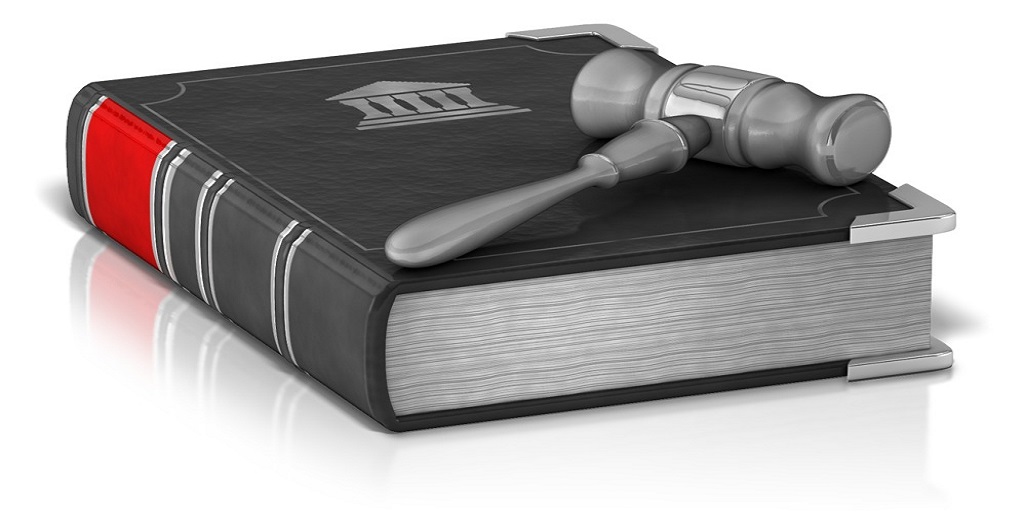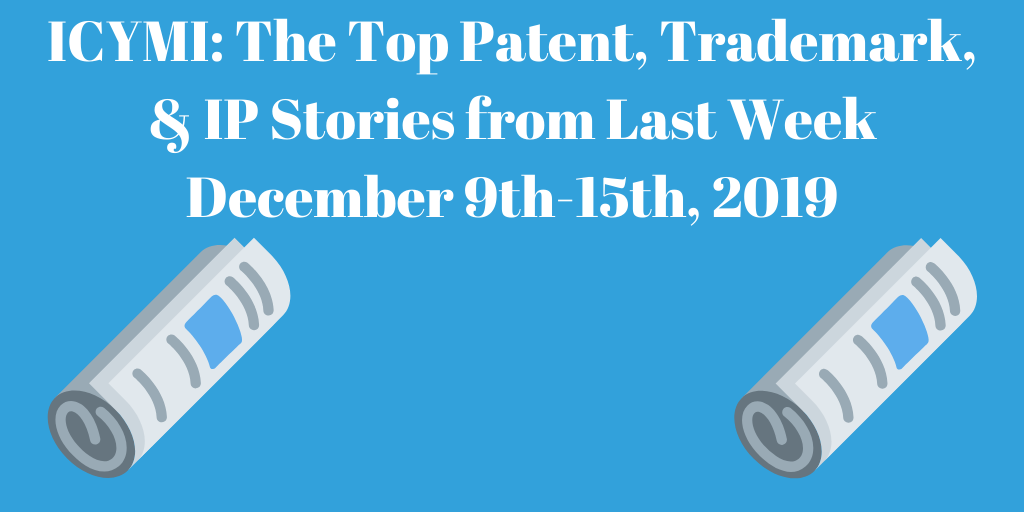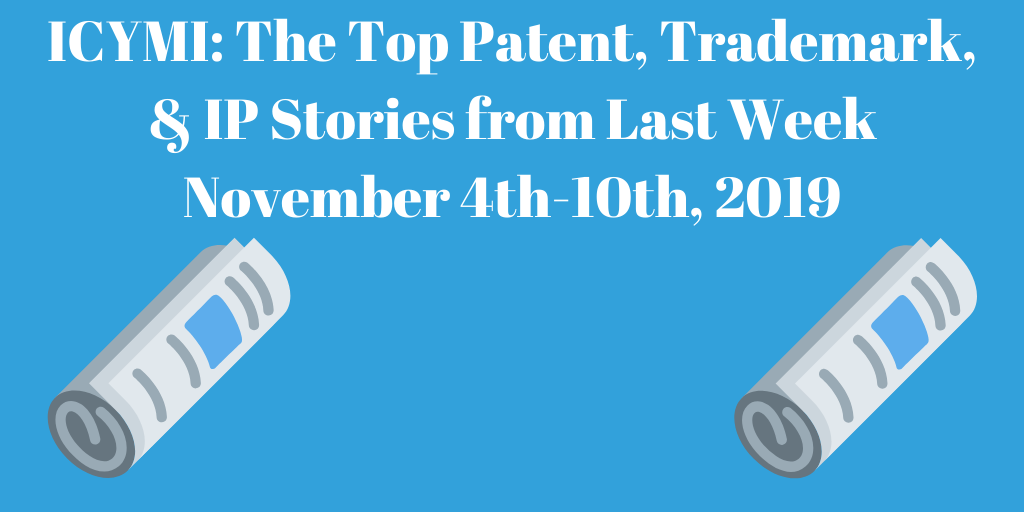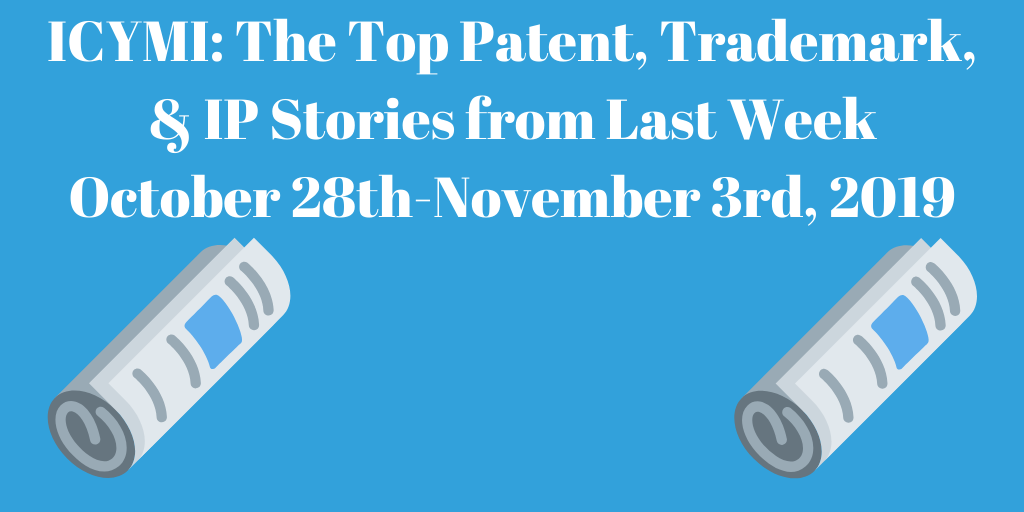Bilski vs. Kappos Decision
To summarize today’s Supreme Court ruling in Bilski (PDF), business method patents remain viable subject matter and the machine-or-transformation test enunciated as the sole test by the Federal Circuit is not the exclusive test, but merely one tool in the Examiner toolbox.
The court affirmed that Bilski’s risk-management method was not patentable subject matter. “Indeed, all members of the Court agree that the patent application at issue here falls out-side of §101 because it claims an abstract idea.”
You can not patent laws of nature, physical phenomena, and abstract ideas.
Indeed, Justice Kennedy writing for the Court found that 35 U.S.C. §273 acknowledges the existence and statutory protection of business method patents.
Adopting the machine-or-transformation test as the sole test for what constitutes a “process” (as opposed to just an important and useful clue) violates these statutory interpretation principles. Section 100(b) provides that “[t]he term ‘process’ means process, art or method, and includes a new use of a known process, machine, manufacture, composition of matter, or material.”
“The Court is unaware of any “‘ordinary, contemporary, common meaning…of the definitional terms “process, art or method” that would require these terms to be tied to a machine or to transform an article…, under the doctrine of noscitur a sociis.”
The Court found that the invention in Bilkski, is an attempt to patent an abstract idea as well as a mathematical formula to express that idea. The Court reasoned that this was not patentable subject matter under 35 U.S.C. §101.
In his concurring opinion, which was joined by Justices Gindburg, Breyer, Sotomayor and Stevens, Kennedy agreed with the majority that Bilski revolved around the attempt to patent an abstract idea and therefore ran afoul of §101.
Nevertheless, Stevens (and the concurring justices) would have taken this decision further by reiterating their position that business method “patents” are not patent-eligible subject matter in the first place.
I asked patent attorney John Del Vecchio of the Buffalo patent law firm of Del Vecchio and Stadler about his thoughts regarding this much anticipated Supreme Court Decision, he highlighted the following quotes from the Biliski opinion (PDF):
Page 8
This Court’s precedents establish that the machine-or- transformation test is a useful and important clue, an investigative tool, for determining whether some claimed inventions are processes under §101. The machine-or- transformation test is not the sole test for deciding whether an invention is a patent-eligible “process.”
Page 9
As a result, in deciding whether previously unforeseen inventions qualify as patentable “process[es],” it may not make sense to require courts to confine themselves to asking the questions posed by the machine- or-transformation test. Section 101’s terms suggest that new technologies may call for new inquiries.
Page 10
Section 101 similarly precludes the broad contention that the term “process” categorically excludes business methods.
Page 12
But beyond this or some other limitation consistent with the statutory text, the Patent Act leaves open the possibility that there are at least some processes that can be fairly described as business methods that are within patentable subject matter under §101.
Page 13
Petitioners’ claims are not patentable processes because they are attempts to patent abstract ideas.
Page 16
In disapproving an exclusive machine-or-transformation test, we by no means foreclose the Federal Circuit’s development of other limiting criteria that further the purposes of the Patent Act.
Del Vecchio concludes, “So, it looks like the machine/ transformation test is a great clue, but not the sole test under 101. And, it looks like business method patents are alive and well.
Too bad the Court failed to spell out what the other 101 clues are!!! Seems like we might be back to the machine/transformation test as the only sure way of satisfying 101.”
Based on today’s ruling and the concurring opinion of Justice Stevens, it will be interesting to see whether the Supreme Court will further define patent eligible subject matter and grant certiorari (PDF) in Mayo v. Prometheus (PDF) a case challenging the patentable subject matter of Prometheus Labs’ patents that cover a method of optimizing the dosing of a drug.
Other related posts:
Senator Leahy Uses Bilski to Push Patent Reform
USPTO Sends Bilski Memo to Patent Examiners
Legal community weighs in on Bilski v. Kappos
Business method patents…what will the Supreme Court Do?





July 6, 2010 @ 3:35 pm
The Bilski ruling is growing on me. Nevertheless, it’s pretty easy to see that the issue of defining the limits of an “abstract idea” will likely be the focus of much patent litigation in the near future. I do rather wish that the Court had made more of an attempt to address this. Lacking guidance from above, lower courts will have to address the issue case-by-case, and we’ll likely end up with some kind of piecemeal, undefined, “I know it when I see it” means of determining which inventions are too abstract. I wouldn’t be surprised if the issue ends up going back up to the Supreme Court again very soon.